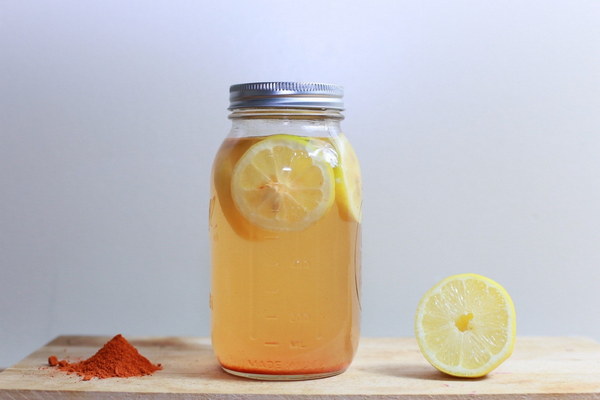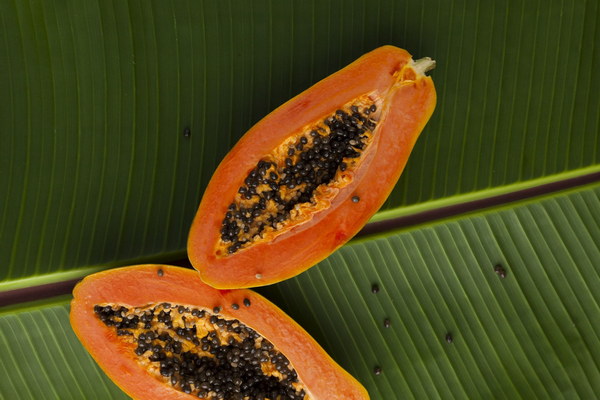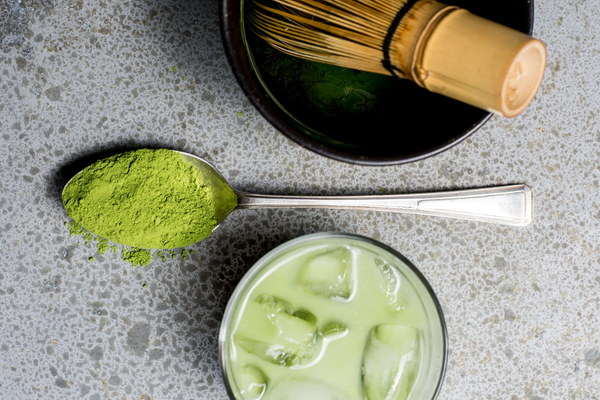Can Rice Reduce Internal Dampness Exploring Traditional Chinese Medicine's Perspective
In the realm of Traditional Chinese Medicine (TCM), the concept of dampness is a prevalent health issue that can lead to a host of discomforts and diseases. Dampness, according to TCM, is an imbalance in the body's Yin and Yang, and it is often characterized by symptoms such as fatigue, weight gain, and digestive issues. One of the most popular questions among individuals seeking TCM remedies is whether rice can help reduce internal dampness. In this article, we will delve into this topic, exploring the role of rice in TCM and its potential benefits in alleviating dampness.
To understand how rice can potentially alleviate dampness, it is essential to comprehend the principles of TCM. TCM views the human body as an intricate network of interconnected systems that must be in balance for optimal health. Dampness, in TCM, is believed to be caused by an excess of dampness in the body, which can be due to various factors such as environmental conditions, poor diet, or genetic predisposition.
Rice, a staple food in many cultures, has been traditionally used in TCM to alleviate dampness. According to TCM, rice has a neutral nature and is considered to be a nourishing and warming food that can help balance the body's Yin and Yang. The belief is that consuming rice can help expel dampness from the body, thereby improving overall health and well-being.
One of the primary ways rice is thought to reduce dampness is through its ability to strengthen the spleen and stomach. In TCM, the spleen and stomach are responsible for transforming and transporting nutrients throughout the body. When these organs are functioning optimally, the body can effectively eliminate dampness. By consuming rice, TCM practitioners believe that individuals can support their spleen and stomach, leading to a reduction in dampness.
Another way rice may help alleviate dampness is by promoting diuresis. Diuretics are substances that increase urine production, helping the body to eliminate excess fluid and toxins. While rice is not a potent diuretic, its mild diuretic properties may contribute to the elimination of dampness from the body.

It is important to note that while rice may have potential benefits in reducing dampness, it is not a substitute for professional TCM treatment. TCM practitioners often recommend a comprehensive approach that includes diet, lifestyle changes, and herbal remedies to address dampness effectively.
When incorporating rice into a diet aimed at reducing dampness, there are certain considerations to keep in mind. Firstly, it is advisable to choose white rice over brown rice, as white rice is believed to have a more neutral nature and is less likely to exacerbate dampness. Additionally, it is crucial to avoid consuming excessive amounts of rice, as overeating can lead to the accumulation of dampness in the body.
In conclusion, while there is evidence to suggest that rice may have potential benefits in reducing dampness according to TCM principles, it is important to approach this topic with a critical mindset. While rice may play a supportive role in a holistic TCM treatment plan, it is not a standalone solution. Consulting with a qualified TCM practitioner is essential to receive personalized advice and treatment for dampness and other health concerns.









